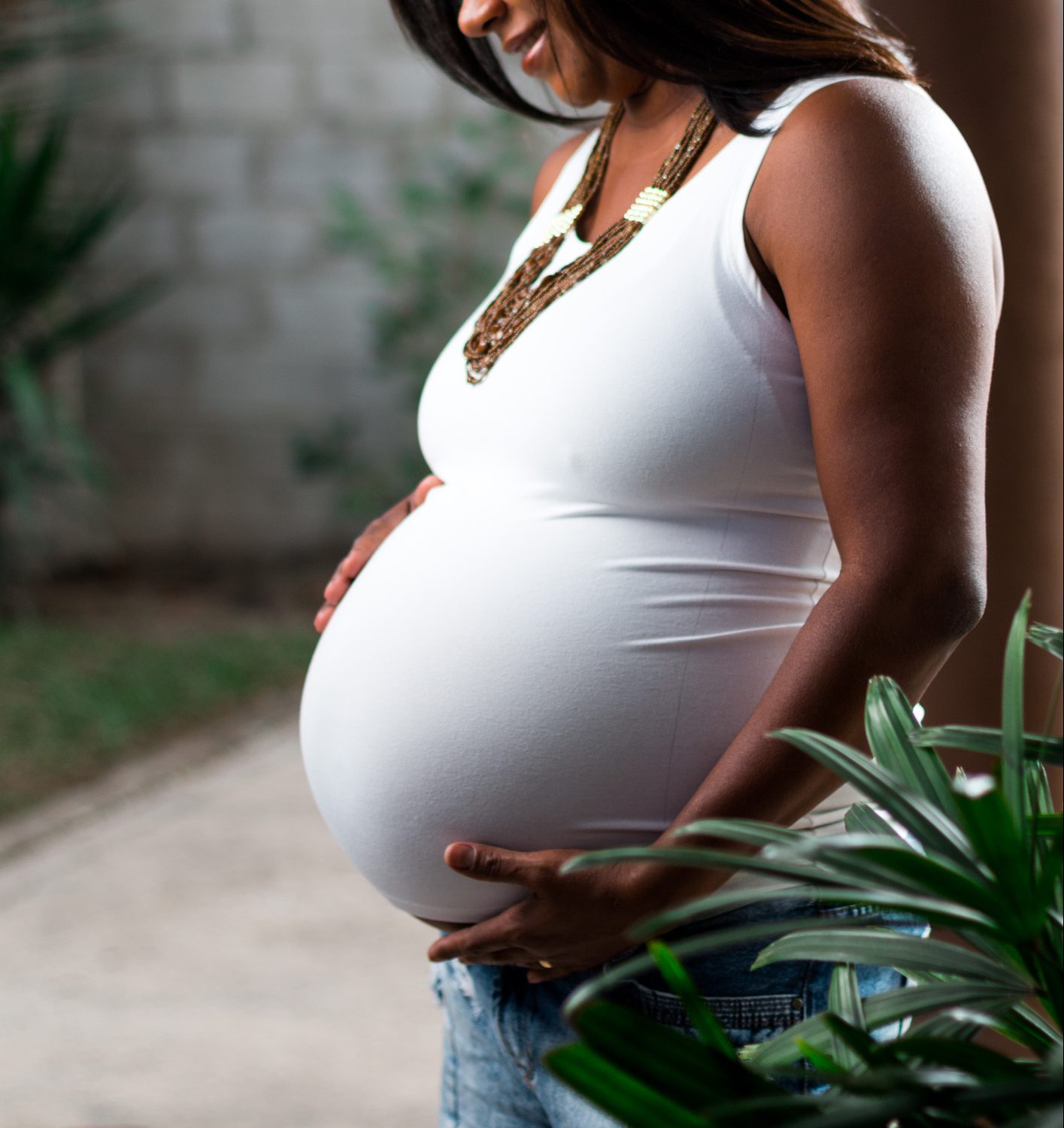
Source: Viktor Santos / EyeEm / Getty
During a panel discussion hosted by iOne Digital and the National Birth Equity Collaborative Thursday, a group of medical professionals, social workers, and policy and research professionals spoke candidly about the often overlooked link between Black maternal health and the Black Lives Matter social justice movement.
“On the surface, Black maternal health may not seem directly linked to the Black Lives Matter social justice movement, but at the heart of both is the same underlining message: Black women and people in this country are dying as the direct result of racism, whether the death is from police brutality, endometrial cancer, or a lack of respectful care during childbirth,” a description for the virtual panel read. “This candid conversation between medical, social work, policy, and research professionals explores the intersectionality and parallels between what happens to us as a community (e.g. police brutality, COVID) and our unique health experiences as women (e.g. endometrial cancer, fibroids, infertility, etc.), and for Black birthing people post-labor (e.g. 4th Trimester),” the description continued.
The talk, which was held in observance of Black Maternal Health Week and moderated by News One’s Anoa Changa, also included insight from producer and women’s health advocate Tonya Lewis Lee, founder and president of the National Birth Equity Collaborative Dr. Joia Crear-Perry, EVP of Atlas Research Dr. Jamie Hart, Dr. Alisha Ligett of EmpowerHer Health, and Executive Director of New Impression Non-Profit Social Services Inc. Jurline Redeaux. It was just one installment from a series of discussions held throughout the week.
“We are thrilled to partner with NBEC for Black Maternal Health Week,” said iOne Digital’s Senior VP of Content Allison McGevna-Cirino said of the week-long collaboration. “Black women remain as unprotected and underserved as ever, even as we are the very lifeblood of this country’s infrastructure. It is precisely why we are committed to amplifying the organizations making a positive impact in our communities.”
“From the criminal legal system, to medical apartheid, reproductive injustices, and state violence, systemic oppression has been mapped across the bodies of Black women since this nation’s inception,” added iOne Digital Senior Director of Content Kirsten West Savali. “It is critical that Black mothers and Black birthing people are supported, protected, empowered, and cared for with respect. The National Birth Equity Collaborative has been at the forefront of making that world possible and iOne is honored to partner with them for Black Maternal Health Week.”
To watch the full discussion, click here.


